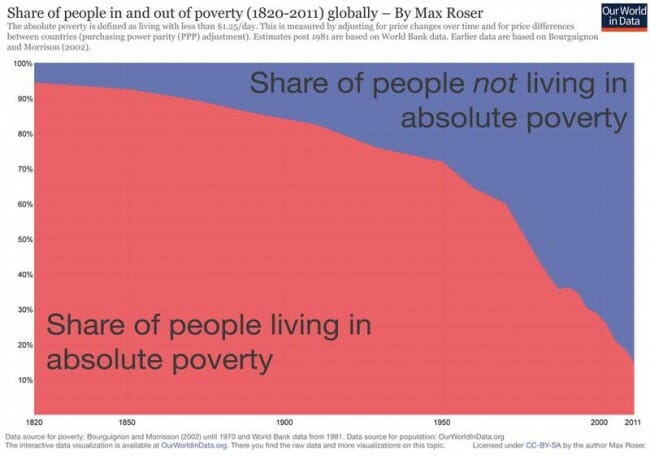Progressive Overshoot: Efforts Begin as Liberalization, End as Stalinism
I could write a book on Progressive reform efforts which begin as sensible liberalization efforts and then overshoot into authoritarianism. Gay marriage is a great example. Liberalizing stage 1: Let's give gay folks equal access to the benefits of protections of legal marriage. Authoritarian state 2: Let's punish any small business who refuses to serve a gay wedding.
I ran into another example the other day. Hillary tweeted out, "Every survivor of sexual assault deserves to be heard, believed, and supported" which is a common refrain among women's groups (we will leave aside the irony of Hillary making this statement after she has crushed a number of women who have made sexual assault claims against her husband).
In what I believe to be the initial meaning of this phrase, it was quite reasonable. In the past (and presumably on occasion today) women have gone to police or some other authority and claimed to have been raped or assaulted, and have been essentially ignored. A pat on the head and the little lady is sent home. Women, reasonably, wanted their charges to be taken seriously and investigated seriously. This is my memory of where this phrase, then, originally came from. It meant that when women claim to have been assaulted, authorities need to take these charges seriously and investigate them seriously.
But, as with most other things, Progressive reform which began as liberalizing and empowering has transitioned to being Stalinist. The meaning today of this phrase when used by most women's groups is that any such claims by women should not immediately trigger an investigation but should trigger an immediate conviction. The accused male should be immediately treated as guilty and punished, and any exercise of due process represents an assault on women -- never mind that the same SJW's taking this stance would take exactly the opposite stance on due process if the accused were, say, a black male in Ferguson accused of theft.


